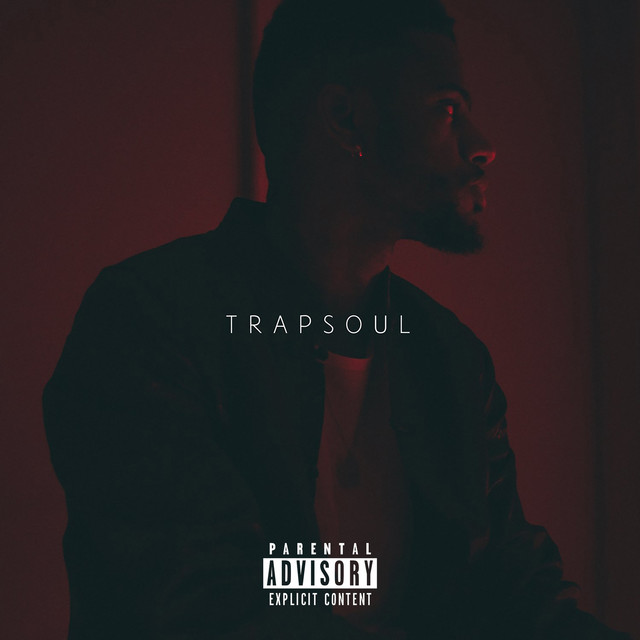In the world of music, the "Don't" song phenomenon has emerged as a significant cultural reference that resonates with audiences of all ages. These songs often explore themes of love, loss, and the complexities of human emotions, making them relatable and impactful. This article delves into the various dimensions of the "Don't" song, examining its significance in popular culture, the psychology behind its appeal, and the artists who have made it a staple in their repertoires.
From heartfelt ballads to upbeat anthems, the "Don't" song genre encapsulates a wide range of emotions and experiences. By analyzing the lyrical content, the musical composition, and the artist's intent, we can gain a deeper understanding of why these songs resonate so profoundly with listeners. This comprehensive guide will also highlight notable examples of "Don't" songs and explore their contributions to the music industry and beyond.
As we embark on this exploration of the "Don't" song, we aim to provide valuable insights that not only entertain but also educate our readers. Through this article, you will discover the various interpretations and implications of the "Don't" theme, the psychological effects of these songs, and the lasting impact they have on listeners' lives.
Table of Contents
- 1. Definition of the "Don't" Song
- 2. Historical Background of "Don't" Songs
- 3. The Psychology Behind "Don't" Songs
- 4. Notable Examples of "Don't" Songs
- 5. Impact of "Don't" Songs on Culture
- 6. Analysis of Lyrics and Themes
- 7. The Future of "Don't" Songs
- 8. Conclusion
1. Definition of the "Don't" Song
The "Don't" song can be defined as a musical piece that incorporates the word "don't" in its title or lyrics, often conveying a message of caution, rejection, or emotional struggle. These songs typically resonate with listeners who may be experiencing similar feelings or situations in their own lives.
2. Historical Background of "Don't" Songs
The roots of the "Don't" song genre can be traced back to various musical movements, including blues, rock, and pop. Over the decades, countless artists have contributed to this genre, each bringing their unique style and perspective.
The Evolution of "Don't" Songs
- 1950s: The emergence of early rock and roll songs featuring themes of love and rejection.
- 1970s: The rise of singer-songwriters who explored personal and emotional narratives.
- 2000s: A resurgence of "Don't" songs in mainstream pop, reflecting contemporary issues.
3. The Psychology Behind "Don't" Songs
From a psychological standpoint, "Don't" songs often tap into universal emotions such as heartbreak, regret, and resilience. They provide a medium for listeners to process their feelings, fostering a sense of connection and understanding.
Emotional Resonance
Many listeners find solace in the themes presented in "Don't" songs, as they validate their own experiences and emotions. This emotional resonance can lead to catharsis, making these songs therapeutic for many.
4. Notable Examples of "Don't" Songs
Several "Don't" songs have achieved commercial success and critical acclaim, solidifying their place in music history. Here are a few notable examples:
- "Don't Speak" by No Doubt - A poignant reflection on the end of a relationship.
- "Don't Let Me Down" by The Chainsmokers - A high-energy anthem about dependency and support.
- "Don't Go Breaking My Heart" by Elton John and Kiki Dee - A classic duet that embodies the playful side of love.
5. Impact of "Don't" Songs on Culture
"Don't" songs have not only influenced the music industry but have also played a role in shaping cultural narratives. They often serve as reflections of societal attitudes towards relationships, emotional struggles, and personal growth.
Cultural Significance
The enduring popularity of "Don't" songs demonstrates their ability to resonate with listeners across generations. These songs often become anthems for various movements, embodying the spirit of the times.
6. Analysis of Lyrics and Themes
Analyzing the lyrics and themes of "Don't" songs reveals a wealth of meaning and artistry. Common themes include:
- Heartbreak and loss
- Empowerment and resilience
- Desire and longing
7. The Future of "Don't" Songs
As music continues to evolve, the "Don't" song genre is likely to adapt and transform. New artists will undoubtedly bring fresh perspectives to this timeless theme, ensuring its relevance in contemporary music.
8. Conclusion
In conclusion, the "Don't" song is a powerful musical phenomenon that speaks to the heart of human experience. Through its exploration of emotions and relationships, it has left an indelible mark on popular culture. We invite you to share your thoughts on your favorite "Don't" songs in the comments below, and don't forget to check out our other articles for more insights into the world of music.
We hope you found this guide informative and engaging. Music is a universal language that connects us all, and the "Don't" song genre is a testament to its power. Thank you for reading, and we look forward to seeing you again on our site!
Exploring The British No. 1s: A Comprehensive Guide To Chart-Topping Artists
Doomsday Meme: Understanding The Cultural Phenomenon
Cousin Jack Bridgerton: The Intriguing Character Of Bridgerton Series


